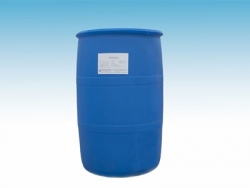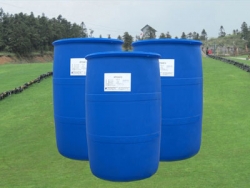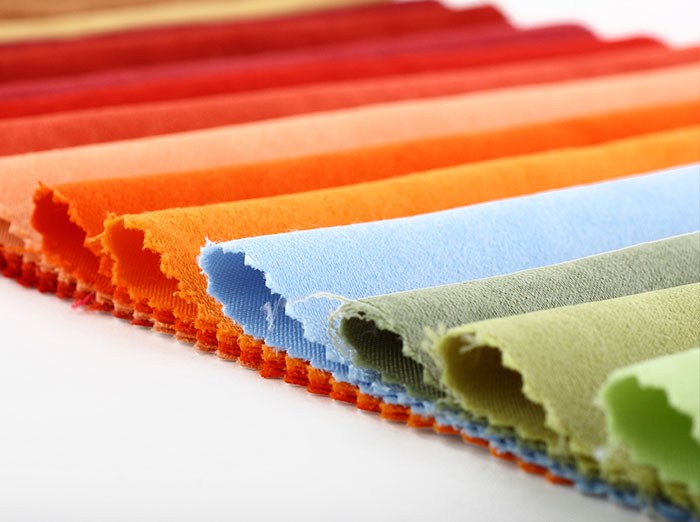Although China's chemical alkyl polyglycoside industry ended its rapid development for ten years in 2013, it started to develop at low and medium speeds, but the overall growth rate is still higher than the national economic growth rate in the same period. According to statistics, China has become the world's largest chemical producer. The output of important bulk products such as methanol, fertilizer, pesticides, chlor-alkali, tires and inorganic raw materials ranks first in the world.
The main product support capacity has gradually increased, the equivalent self-sufficiency rate of ethylene and propylene has increased to 50% and 72%, respectively, and the self-sufficiency rate of new chemical materials has reached 63%. A number of resource-saving and environment-friendly chemical parks and production enterprises have emerged throughout the country. In 2011-2014, the comprehensive energy consumption per 10,000 yuan of output value of the whole industry has dropped by 20%, and the energy consumption targets of key energy-consuming products have all been completed.

At present, the application of silicone in the finishing of polyester fiber and fabric is amino silicone oil, which is relatively mature and is processed in stereotypes. Most of the knit soft finishing is processed with a film and dried in an overflow. Conventional amino silicone oils have the following disadvantages in cotton processing: poor stability (not resistant to shearing), incapable of processing in overflow tanks, limited processing methods, easy-adhesive rolls (not alkali resistant, salt-tolerant), yellowing Large, difficult to dye back (hydrophobic).

With the increase in the processing volume of cotton knitting and the improvement of the quality requirements, it is more necessary to develop a silicone product which is more suitable for cotton knitting processing to replace the current multi-purpose software for cotton knitting soft finishing. In order to solve the shortcomings of traditional amino groups used on cotton, in silicone oil product developers, the main considerations are two points: polyether modified aminopolysiloxane softener due to the introduction of polyether groups in its molecular structure to make amino silicone The alkane softener has hydrophilicity, effectively prevents the occurrence of the sticking roller phenomenon, and changes the primary amino group to a yellow amino group, thereby making up for the deficiency of the above aminopolysiloxane softener.

In addition, the silicone quaternary ammonium salt imparts excellent antibacterial properties to the fabric, and also provides the fabric with good water absorption, sweat absorption, smoothness, resilience, antistatic and anti-contamination properties, and is used in the textile industry. A non-toxic, harmless, efficient, safe and versatile soft antibacterial finish.